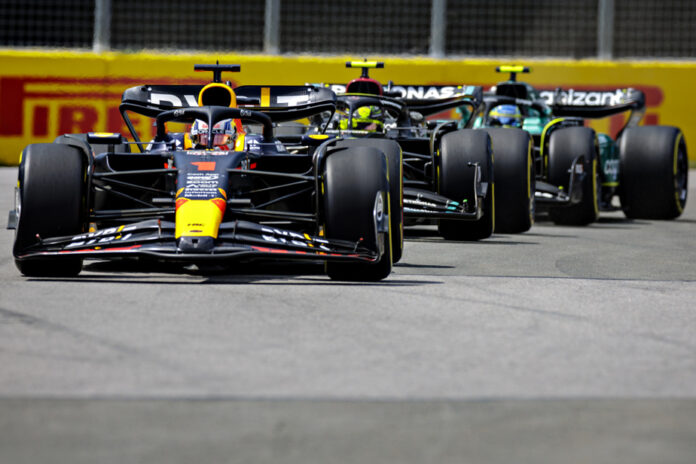Formula 1 unveiled its 2024 calendar on Wednesday morning, which will include 24 races. The Canadian Grand Prix, the ninth stop of the campaign, will take place from June 7-9, a week earlier than in 2023.
If no Grand Prix is canceled, it will be the longest season in the history of the championship, created in 1950. Remember that 24 races were also scheduled for 2023, but the cancellation of the Chinese Grand Prix had reduced that number to 23. The one in Emilia-Romagna was also canceled due to flooding, which means there are ultimately 22 stoppages this season.
Some changes have been made to reduce the impact of traveling around the world, as F1 aims for carbon neutrality by 2030.
In this sense, the Japanese Grand Prix will not take place in September, but in April, just after that of Australia and before that of China. The Azerbaijan Grand Prix will be postponed from April to September in order to precede that of Singapore.
Finally, the Qatar and Abu Dhabi Grands Prix were placed one after the other at the very end of the season. In 2023, that of Qatar was in October and that of Abu Dhabi, at the end of November.
“We want to make the global spectacle of Formula 1 more efficient in terms of environmental sustainability and more manageable for the staff, who dedicate so much of their time to our sport,” said Federation Internationale de l’Automobile President Mohammed Ben Sulayem.
“Stefano Domenicali and his team have done an excellent job of both bringing exciting new venues to emerging markets for Formula 1 and staying true to the sport’s long and remarkable heritage. »
For his part, F1 President and CEO Stefano Domenicali says the migration to a more sustainable calendar will continue in the years to come “as we further streamline our operations as part of our commitment”.

